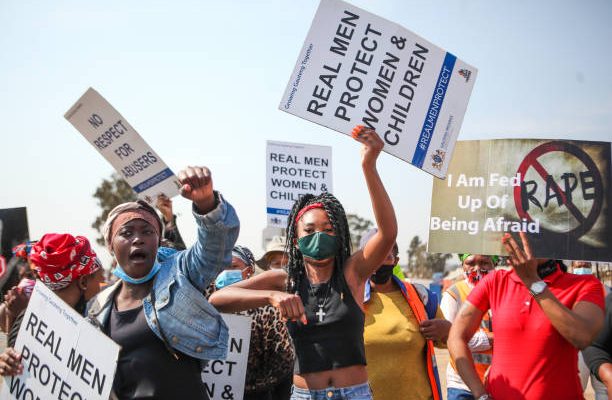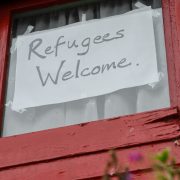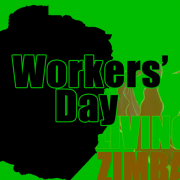The recent rape of a 7-year-old girl reportedly at a school in the Eastern Cape has sparked nationwide protests calling for justice and end to child abuse and gender-based violence in South Africa.
The country remains one of the most dangerous places in the world to be a woman or child. Despite government promises, legislative reforms, and public outrage, gender-based violence (GBV) and femicide continue to surge.
Recent cases, such as the disappearance of 6 year old Joshlin Smith, a suspected case of human trafficking or sexual exploitation, the horrific Cwecwe child rape case and not long the rape of another child by several men on different occasions have reignited national outrage, highlighting the systemic failures in protecting women and children. The country continues to see a surge in sexual violence, particularly against minors.
By Gamuchirai Mapako
The lack of swift police action and conflicting statements from authorities have fuelled public anger, with many accusing the system of failing vulnerable children. Reports have it that there was interference by a minister in the Cwecwe rape case.
The people of South Africa never shy away from taking to the streets to demand justice, a public outcry which mostly leads to the suspects’ arrest. However, activists argue that such cases often go unpunished due to poor policing and court backlogs. While some suspects are arrested, the slow judicial process has left victims without justice, reinforcing fears that perpetrators act with impunity.
Speaking during a rally, opposition party EFF leaders Julius Malema stressed that these people need to be punished and their crimes put on record to show the world who their sins.
“Whenever he googles his name, it should say he is a rapist”, said Malema.
In 2024, a 15-year-old girl was found mutilated in Soweto, with evidence suggesting she was raped before being killed. These heinous acts are being done on children as young as a few months.
These cases are just a fraction of the daily horrors faced by South African women and children.
The question remains, why is the country struggling to curb GBV and femicide despite numerous interventions?
South Africa is at a breaking point. The surge in GBV and femicide cases in 2024 and 2025 proves that current measures are insufficient. While activists and communities continue to fight, the government must move beyond speeches and enact real, enforceable change. Without urgent intervention, more women and children will suffer and the nation’s moral fabric will continue to unravel.
South Africa’s battle against gender-based violence and femicide (GBVF) is at a critical juncture. Despite the collaborative efforts of the government and the citizens, the country continues to witness alarming rates of violence against women and children.
The numbers as provided by STATS SA reveal harrowing reality of gender-based violence (GBV) in South Africa.
Shockingly, nearly half of all assaults are committed by someone known to the victim, with intimate partners responsible for 15.2%.
One in five partnered women has endured physical violence, while divorced or separated women face the highest risk (40%). Provinces like the Eastern Cape and North West report the worst GBV rates.
Distrust in law enforcement compounds the crisis only 54.2% of households are satisfied with police response, and women feel significantly less safe walking alone at night.
Recent crime statistics reveal a disturbing trend, with 957 women murdered and 10,191 rapes reported in just three months. The situation is equally dire for children, with 315 murdered, 490 attempted murders, and 1,944 assaulted with intent to cause grievous bodily harm.
The Human Sciences Research Council’s national study on GBV prevalence highlights deeply ingrained gender norms and power dynamics, with many men holding disturbing attitudes towards women.
Songs have been sung, movies have been acted out, books have been written, poems have been recited, mob justice has been carried out and slogans created, however the country still remains one of the unsafest places to be a woman.







Comments